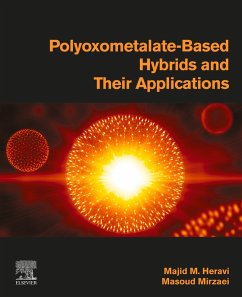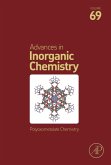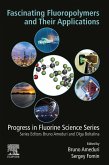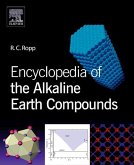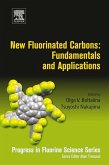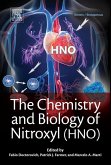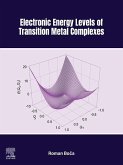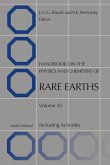Polyoxometalate-Based Hybrids and their Applications focuses on recent progress in polyoxometalate-based hybrids materials. Chapters present the structure, composition, classification and properties of POMs such as isopolyaions, heteropolyanions, giant and lacunary polyoxometalates and then cover polyoxometalate-based open-frameworks (POM-OFs), include a historical introduction to these compounds, and present their synthetic strategies. The structural diversity and relative applications of POM-OFs is also covered. Other sections delve into synthetic strategies, structural diversity and relative applications of porous polyoxometalate-based metal-organic frameworks. Polyoxometalate-based coordination polymers (POMCPs) and polyoxometalate-based host-guest framework materials are highlighted in final sections.
This book is an essential reference for inorganic chemists, biochemists, and material scientists working in academia and industry.
- Discusses polyoxometalate-based host-guest framework materials
- Includes coverage of polyoxometalates and their environmental applications
- Reviews transition metal substituted lacunary polyoxometalates
Dieser Download kann aus rechtlichen Gründen nur mit Rechnungsadresse in A, B, BG, CY, CZ, D, DK, EW, E, FIN, F, GR, HR, H, IRL, I, LT, L, LR, M, NL, PL, P, R, S, SLO, SK ausgeliefert werden.

